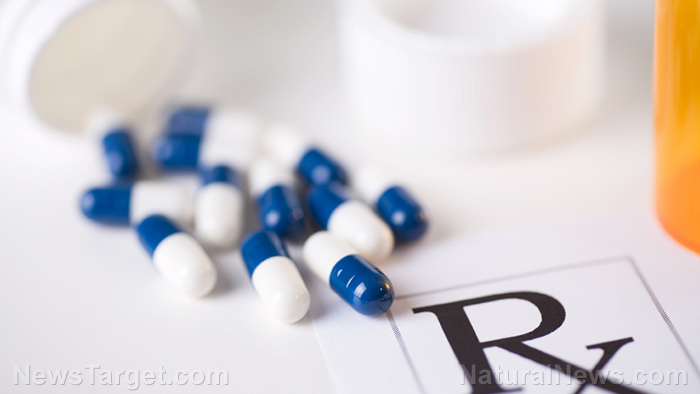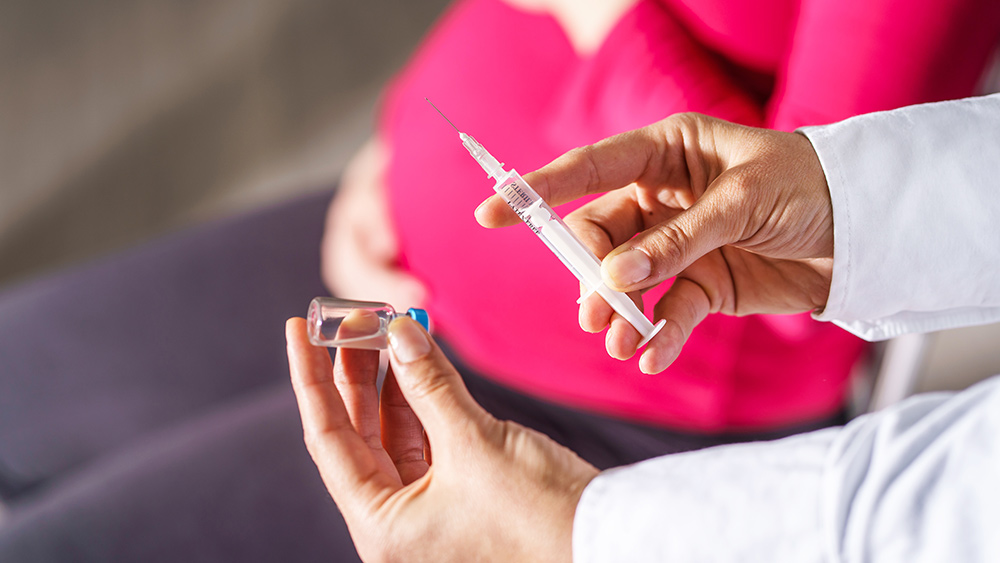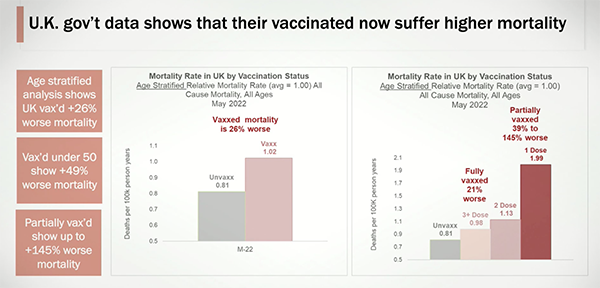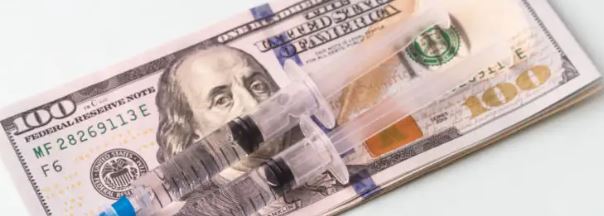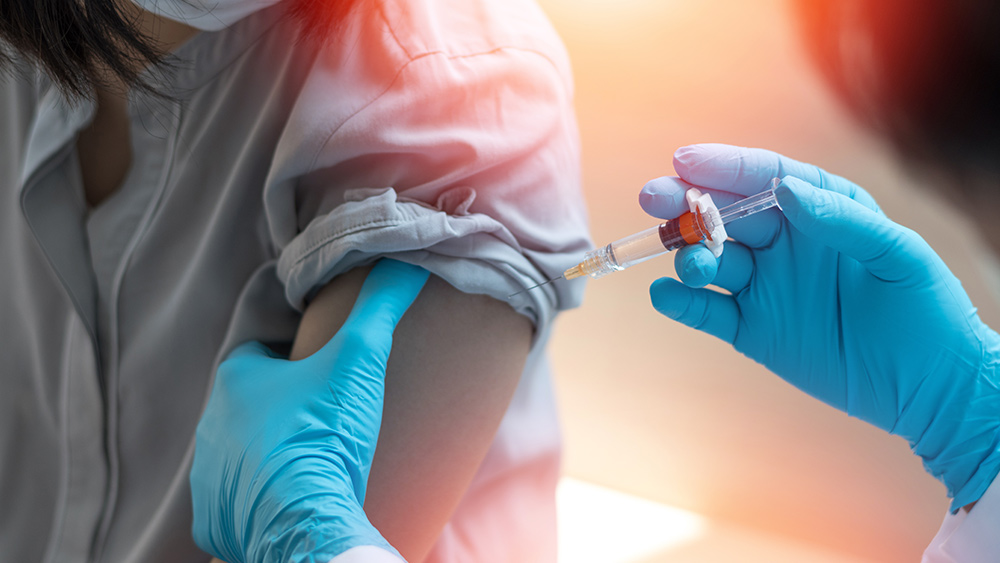HARMFUL MEDICINE: Researchers discover link between diabetes medications and multiple sclerosis
12/07/2022 / By Olivia Cook
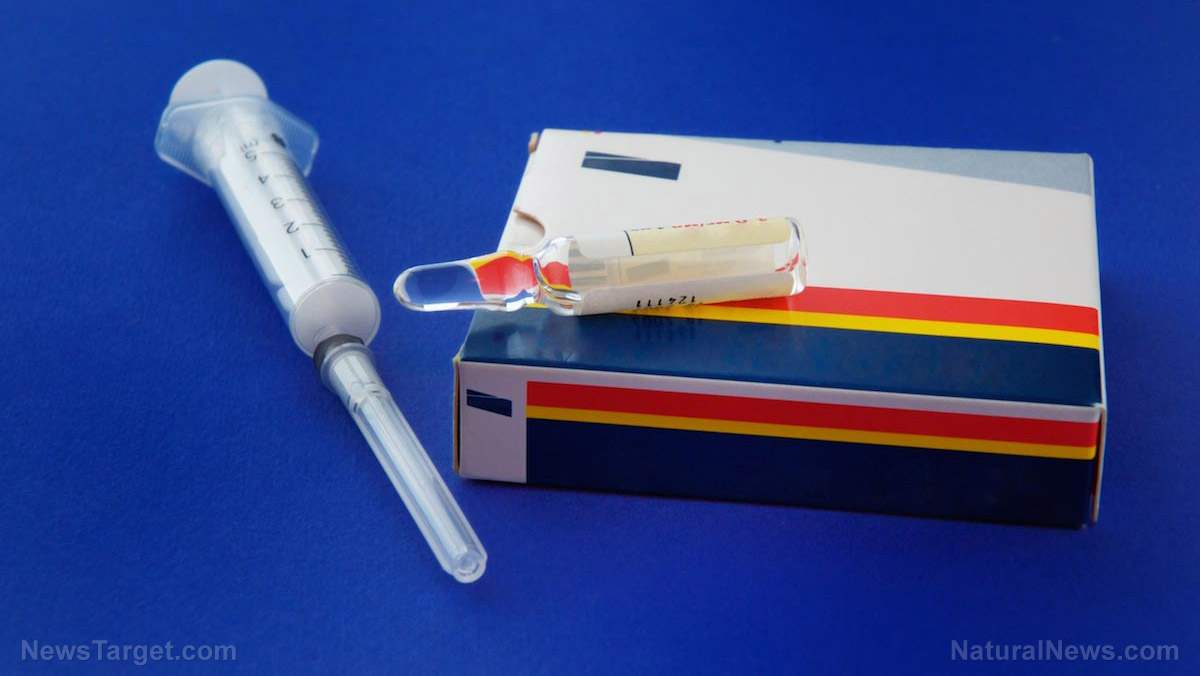
People above 45 years old taking anti-hyperglycemic medications, most especially women, have a higher risk of developing multiple sclerosis (MS).
This was according to an October 2022 study published in Heliyon. The study analyzed data from a U.S.-based insurance claims database featuring 151 million patients.
In the study, the researchers identified more than five million patients diagnosed with Type 2 diabetes (T2D) and either early-onset or late-onset MS. They then segmented the data by sex and age – patients diagnosed with T2D before and after age 45 – to decode the factors driving MS risk in both cohorts.
They found that after anti-hyperglycemic drug exposure, men above 45 years old had a “slightly significant increase” in MS risk. Meanwhile, women above 45 years old exhibited a “significant increase” in MS risk following anti-hyperglycemic drug use. (Related: Oral glucose medications increase mortality in Type-2 diabetes patients.)
In contrast, the study authors observed that in both male and female patients under 45 years old, anti-hyperglycemic drugs exhibited a “protective” effect against MS.
“Our findings reinforced the need for a precision medicine approach to preventing multiple sclerosis in these vulnerable populations,” said study author Dr. Kathleen Rodgers of the University of Arizona.
“Previous research had shown a neuroprotective effect of anti-hyperglycemic medications in Alzheimer’s disease and other related dementias. For multiple sclerosis, we wanted to further examine age and sex differences, particularly among men and women under 45 years with T2D.”
According to an August 2006 letter by the American Diabetes Association (ADA), the prevalence of T2D was higher in MS patients. It attributed this possibility to muscle disease from damage to the myelin sheath, which covers the nerves. The ADA also pointed to the use of either glucocorticoids or the adrenocorticotropic hormone, which the pituitary gland produces, as treatment.
Moreover, research has found metabolic disorders common in both conditions such as abnormalities in fat, calcium and vitamin D metabolism. Evidence of myelin disruption caused by changes in blood sugar levels has also been recorded.
T2D can be reversed to the point where drugs are no longer needed
The National Multiple Sclerosis Society says almost one million people in the U.S. are affected by MS, with more than 2.8 million estimated to be living with this immune-mediated disease. MS is characterized by damage to the nerves within the central nervous system. While it may appear at any age, MS is often diagnosed in people between the ages of 20 and 50.
Meanwhile, T2D occurs when the body does not respond properly to insulin, a hormone produced by the pancreas that enables cells to utilize sugar in the blood for energy. When the body becomes resistant to insulin, the pancreas is forced to produce more of it until it is not longer able to keep up.
This eventually leads to hyperglycemia or elevated blood sugar levels. To keep blood sugar in check, people with T2D often need to take anti-hyperglycemic drugs such as insulin injections and some other medications.
According to the Northern Nevada Medical Center, T2D has no mainstream cure. However, it can be reversed to the point that medication may no longer be necessary and that the body will no longer suffer from negative health outcomes from excessive blood sugar.
Making positive lifestyle changes such as eating a well-balanced diet, exercising regularly, eschewing smoking, getting enough sleep, limiting alcohol consumption, managing stress and getting down to and maintaining a healthy weight are key to possibly reversing or managing T2D.
Watch this video that discusses natural treatment options for MS.
This video is from the Holistic Herbalist channel on Brighteon.com.
More related stories:
Glucosamine-like supplements inhibit multiple sclerosis, Type-1 diabetes.
Study: Diabetes medications RAISE the risk of a cardiovascular event.
Study finds traditional Persian medicines show potential for diabetes treatment.
Natural diabetes health: 10 tips for living with Type-2 diabetes.
Sources include:
Submit a correction >>
Tagged Under:
anti-hyperglycemic, Big Pharma, blood sugar, diabetes medication, discoveries, health science, hyperglycemia, insulin, metabolic disorders, multiple sclerosis, pharmaceutical fraud, Prescription drugs, research, Type 2 Diabetes
This article may contain statements that reflect the opinion of the author
RECENT NEWS & ARTICLES
COPYRIGHT © 2017 BIG PHARMA NEWS









